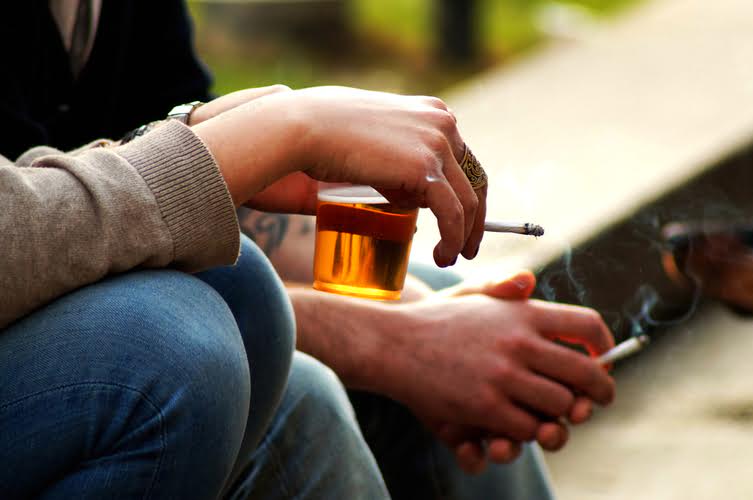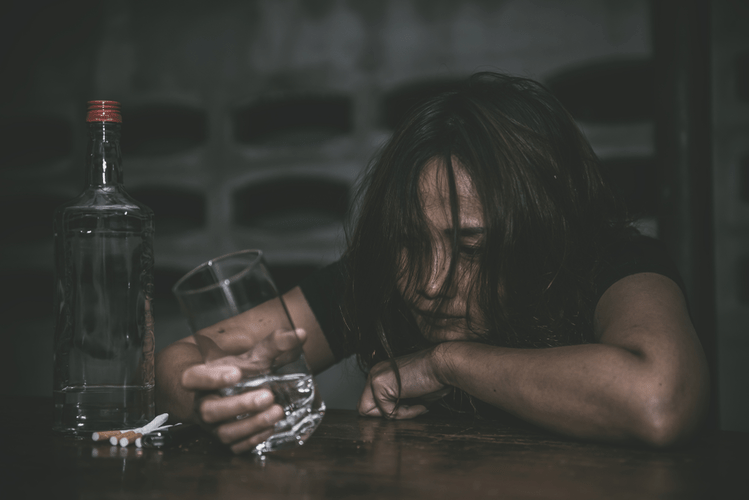Your body is able to absorb the alcohol quickly, but it takes much longer for it to https://ecosoberhouse.com/ be flushed out. The first way is through the kidneys, which filter out any toxins and flush them out in the form of urine. The second way is through the lungs, which can expel alcohol in the form of breath. Lastly, alcohol can be released through sweat, which is why it is important to stay hydrated after consuming alcohol. Medical detox involves ridding the body of the toxins produced by drinking excessive alcohol amounts. If you go through medical detox, you will have a team of medical professionals helping you get through the process safely and effectively with monitoring, medications, and other interventions.
- Physical activity might help you feel more alert, but it won’t remove alcohol from your system any faster.
- The amount of time it takes for your body to break down the alcohol will depend on several factors such as your age, gender, body size, and how much you have consumed.
- She particularly loves all types of fusion cooking, mixing the best of different food cultures to make interesting and unique dishes.
- Eating can help to absorb some of the alcohol in your stomach and reduce the rate at which it is absorbed by your body.
Confidant Health: The Support You Need to Reduce Drinking
When consumed in moderation, alcohol can be beneficial to a person’s overall health; however, when consumed in excess, alcohol can lead to addiction and serious health problems. Recovery Ranger is a website that offers direction and support for those seeking to overcome addiction and achieve lasting sobriety. Our team of specialists helps individuals navigate the recovery process and stay motivated. Studies have proven those who go through medical detox are more likely to stay sober than those who go through it alone.

What Are The Side Effects of Drinking Too Much Water After Drinking Alcohol?

Creatine is a normal byproduct of muscle function, and urea is a byproduct of amino acid and protein breakdown. He has a nursing and business/technology degrees from The Johns Hopkins University. Mark Halsey is a licensed therapist, founder, and chief editor of Clean Break Recovery. He is well-versed in traditional and innovative therapies, including cognitive-behavioral therapy, motivational interviewing, and mindfulness-based interventions. Erin is a Nurse Practitioner with 8 years of experience in midwifery and women’s health.

Can drinking water help lower blood alcohol concentration?
The complex carbohydrates in whole grains help absorb the extra alcohol in your system and provide much-needed B vitamins that are lost when you drink. If it doesn’t work for you or your loved ones, speak up and seek help from a professional detox center. Certain medications can interact with alcohol and alter its absorption and metabolism. Medications such as Adderall, Xanax, and some cough and cold medications can how to flush alcohol from urine cause alcohol to be absorbed more rapidly.
Eating a balanced meal before drinking can slow down alcohol absorption, and eating after drinking can help your body recover from the effects of alcohol. Foods rich in protein, fats, and carbohydrates can stabilize your blood sugar levels and make you feel better as you wait for the alcohol to metabolize. Yes, staying hydrated by drinking water can help reduce some temporary effects of alcohol consumption, such as headache and fatigue. However, drinking water can slow down your alcohol consumption, potentially preventing excessive drinking and its subsequent effects.
- This website does not recommend or endorse any specific tests, physicians, products, procedures, opinions, or other information that may be mentioned on the Site.
- Many people are surprised to learn dehydration causes the brain to shrink and pull away from the skull, putting pressure on the nerves and blood vessels and causing headaches.
- When you drink, alcohol is absorbed into your bloodstream through your stomach and small intestine.
- The body can eliminate alcohol through urine for up to 48 hours after drinking, and it can continue to be detected even up to 72 hours.
However, drinking water will not make you sober more quickly, as the liver will metabolize alcohol at its own Oxford House rate. The fluids can, however, help rehydrate the body and improve physical symptoms after the liver has processed the remaining alcohol. Additionally, alcohol can cause an electrolyte imbalance, leading to symptoms such as headaches, digestive issues, fatigue, nausea, and vomiting. Drinking water and consuming electrolytes can help alleviate these symptoms and support the body’s recovery process.

